Mouse CCL2/MCP-1 ELISA Kit
$299.00 – $419.00
ELISA Kit Detail Information
| Related Target | |
|---|---|
| Species | mouse |
| Sample Type | Serum, plasma, cell culture supernatant, and other biological samples |
| Sample Volume | 20 μL |
| Sensitivity | 20.54 pg/mL |
| Array Range | 156.25 pg/mL – 10000 pg/mL |
| Assay Time | 3.5 h |
| Recovery | 89% – 113% |
| Average Recovery | 100% |
| Intra Precision | 3.3% – 4.6% |
| Inter Precision | 3.8% – 4.1% |
| Plate | Detachable 96-well plate |
| Storage | If the reagent kit is unopened, it should be stored at 4℃. However, if it has been opened, the standard solution should be stored at -20℃, while the other components should be stored at 4℃. |
| Delivery | 4℃ blue ice transportation |
| Components | 96-well polystyrene enzyme-linked immunosorbent assay (ELISA) plate coated with anti-CCL2/MCP-1 monoclonal antibody Mouse CCL2/MCP-1 freeze-dried standard CCL2/MCP-1 detect Antibody Standard Diluent Assay Buffer(10×) Substrate TMB Stop Solution Washing Buffer(20×) Sealing Film |
| Assay Principle | This kit utilizes the double antibody sandwich enzyme-linked immunosorbent assay (ELISA) detection technique.Specific anti-mouse CCL2 antibodies are precoated on a high-affinity ELISA plate. Standard samples, test samples, and biotinylated detection antibodies are added to the wells of the ELISA plate. After incubation, CCL2 present in the samples binds to the solid-phase antibodies and the detection antibodies. After washing to remove unbound substances, streptavidin-HRP labeled with horseradish peroxidase is added. After washing, a colorimetric substrate, TMB, is added and the plate is incubated in the dark for color development. The intensity of the color reaction is directly proportional to the concentration of CCL2 in the samples. A stop solution is added to terminate the reaction, and the absorbance value is measured at a wavelength of 450 nm (with a reference wavelength range of 570-630 nm). |
Related Targets
CCL2
CCL2 Target Infomation Overview
- Target Symbol: CCL2, C-C motif chemokine ligand 2
- Gene Groups: Chemokine ligands
- Alias: MCP1; MCP-1; MCAF; SMC-CF; GDCF-2; HC11; MGC9434
- Previous Names: SCYA2
- Alias Names: monocyte chemotactic protein 1, homologous to mouse Sig-je; monocyte chemoattractant protein-1; monocyte chemotactic and activating factor; monocyte secretory protein JE; small inducible cytokine subfamily A (Cys-Cys), member 2; small inducible cytokine A2 (monocyte chemotactic protein 1, homologous to mouse Sig-je); chemokine (C-C motif) ligand 2
CCL2, C-C motif chemokine ligand 2 Target Infomation by Species
- Human
- Mouse
- Rat
Human CCL2 Target Information
- Target Symbol: CCL2, C-C motif chemokine ligand 2
- Alias:
- C-C motif chemokine 2
- chemokine (C-C motif) ligand 2
- GDCF-2
- HC11
- HSMCR30
- MCAF
- MCP-1
- MCP1
- MGC9434
- monocyte chemoattractant protein 1
- monocyte chemoattractant protein-1
- monocyte chemotactic and activating factor
- monocyte chemotactic protein 1
- monocyte secretory protein JE
- SCYA2
- small inducible cytokine A2 (monocyte chemotactic protein 1, homologous to mouse Sig-je)
- small inducible cytokine subfamily A (Cys-Cys), member 2
- small-inducible cytokine A2
- SMC-CF
- NCBI_Gene: 6347
- UniProtKB: P13500
Human CCL2 Predicted Functions
Predicted to enable CCR2 chemokine receptor binding activity and chemokine activity. Involved in several processes, including cellular response to cytokine stimulus; leukocyte chemotaxis; and regulation of apoptotic process. Located in extracellular region. Implicated in several diseases, including Henoch-Schoenlein purpura; aggressive periodontitis; autoimmune disease (multiple); gastrointestinal system cancer (multiple); and tuberculosis (multiple). Biomarker of several diseases, including autoimmune disease (multiple); liver disease (multiple); lung disease (multiple); non-alcoholic fatty liver disease (multiple); and retinal disease (multiple).
Mouse Ccl2 Target Information
- Target Symbol: Ccl2, chemokine (C-C motif) ligand 2
- Alias:
- AI323594
- expressed sequence AI323594
- HC11
- MCAF
- MCP-1
- MCP1
- monocyte chemoattractant protein-1
- monocyte chemotactic protein
- Scya2
- Sigje
- small inducible cytokine A2
- small inducible gene JE
- SMC-CF
- NCBI_Gene: 20296
Mouse Ccl2 Predicted Functions
Enables CCR2 chemokine receptor binding activity and cytokine activity. Involved in several processes, including cellular response to cytokine stimulus; positive regulation of leukocyte chemotaxis; and positive regulation of macromolecule metabolic process. Acts upstream of or within response to bacterium and response to wounding. Located in extracellular space. Is expressed in several structures, including heart; intestine smooth muscle circular layer; nervous system; retina; and vibrissa. Used to study age related macular degeneration. Human ortholog(s) of this gene implicated in several diseases, including Henoch-Schoenlein purpura; aggressive periodontitis; autoimmune disease (multiple); gastrointestinal system cancer (multiple); and tuberculosis (multiple). Orthologous to human CCL2 (C-C motif chemokine ligand 2).
Rat Ccl2 Target Information
- Target Symbol: Ccl2, C-C motif chemokine ligand 2
- Alias:
- C-C motif chemokine 2
- chemokine (C-C motif) ligand 2
- immediate-early serum-responsive JE protein
- immediate-early serum-responsive protein JE
- MCP-1
- monocyte chemoattractant protein 1
- monocyte chemoattractant protein-1
- monocyte chemotactic protein 1
- Scya2
- Sigje
- small inducible cytokine A2
- Small inducible gene JE
- small-inducible cytokine A2
- NCBI_Gene: 24770
- UniProtKB: P14844
Rat Ccl2 Predicted Functions
Enables chemokine activity and heparin binding activity. Involved in several processes, including cellular response to cytokine stimulus; cellular response to lipid; and leukocyte migration. Located in several cellular components, including perikaryon; perinuclear region of cytoplasm; and rough endoplasmic reticulum. Colocalizes with C-fiber. Used to study several diseases, including artery disease (multiple); diabetic angiopathy; interstitial lung disease (multiple); kidney disease (multiple); and pancreatitis (multiple). Biomarker of several diseases, including artery disease (multiple); cerebrovascular disease (multiple); lung disease (multiple); non-alcoholic fatty liver disease (multiple); and pancreatitis (multiple). Human ortholog(s) of this gene implicated in several diseases, including Henoch-Schoenlein purpura; aggressive periodontitis; autoimmune disease (multiple); gastrointestinal system cancer (multiple); and tuberculosis (multiple). Orthologous to human CCL2 (C-C motif chemokine ligand 2).

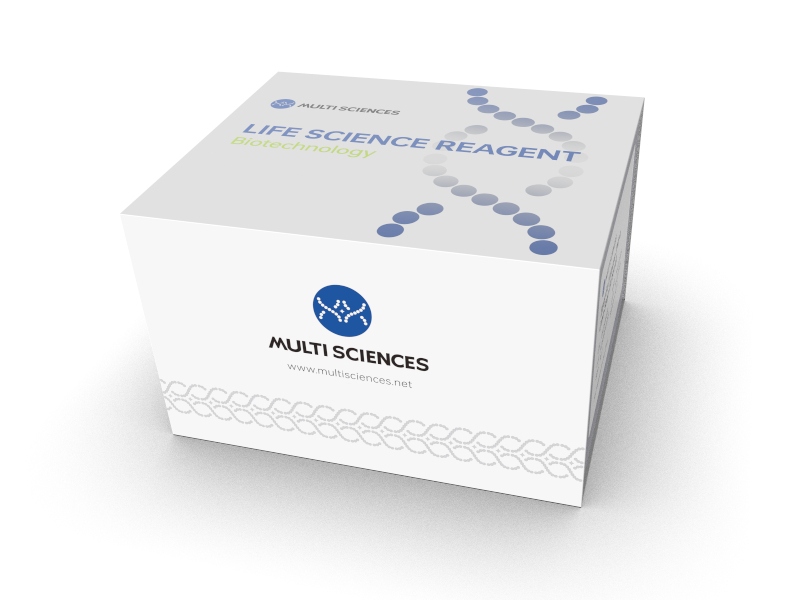
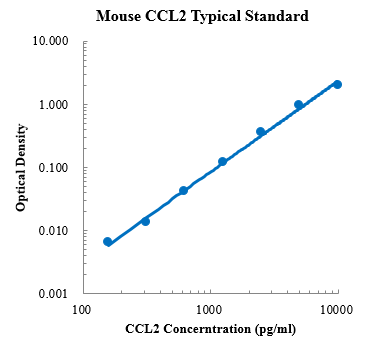
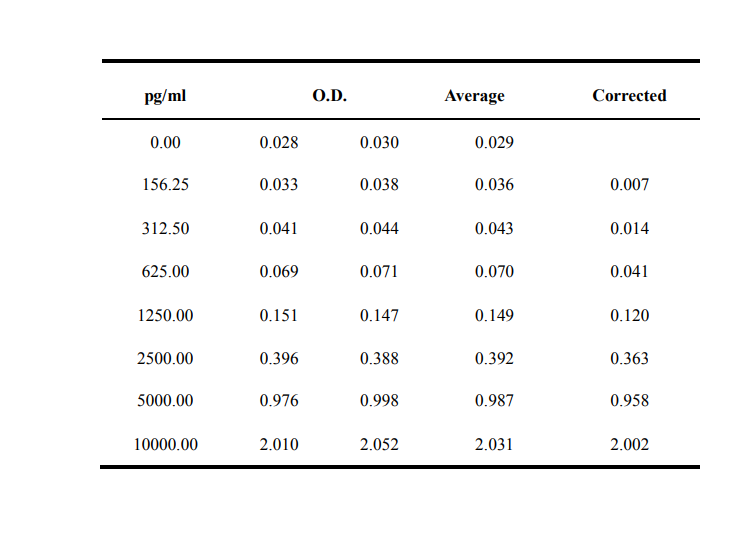


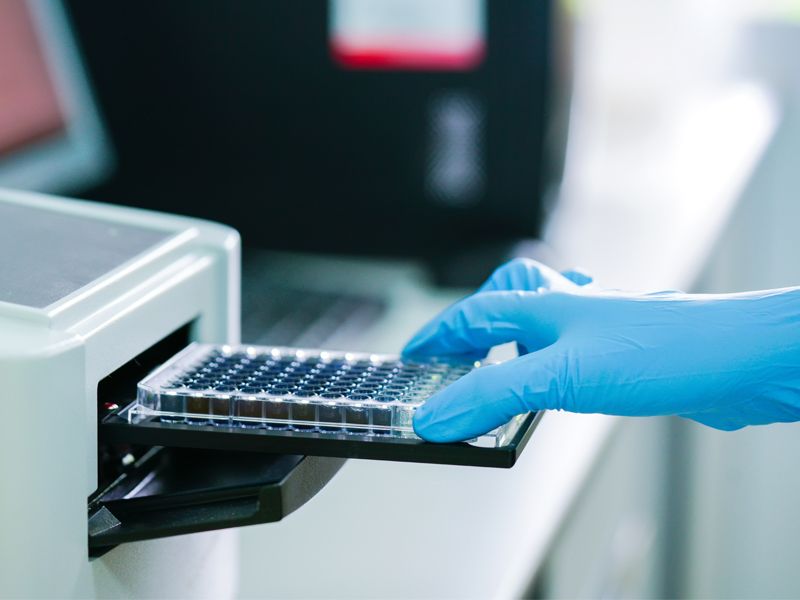
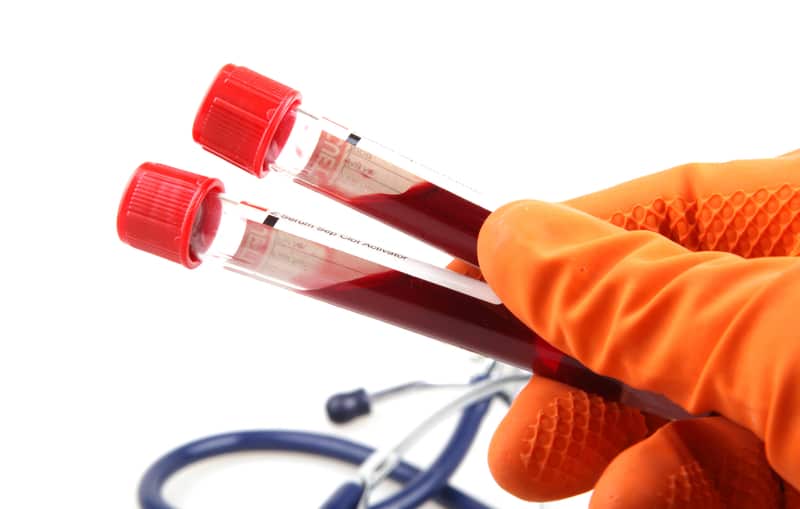
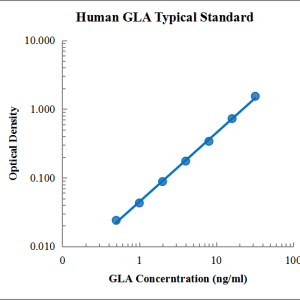
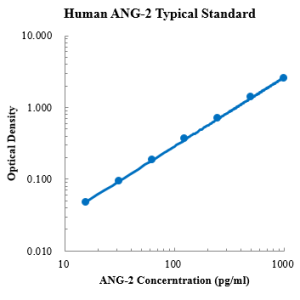
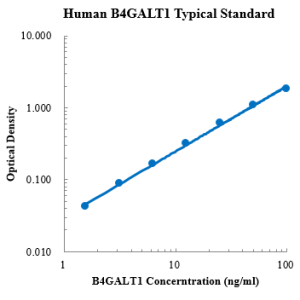
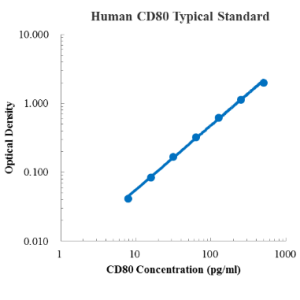
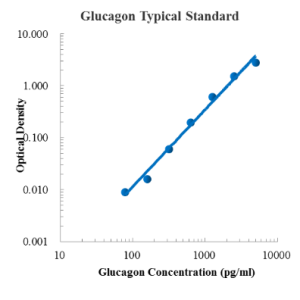
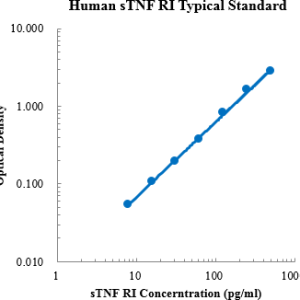
Reviews
There are no reviews yet.